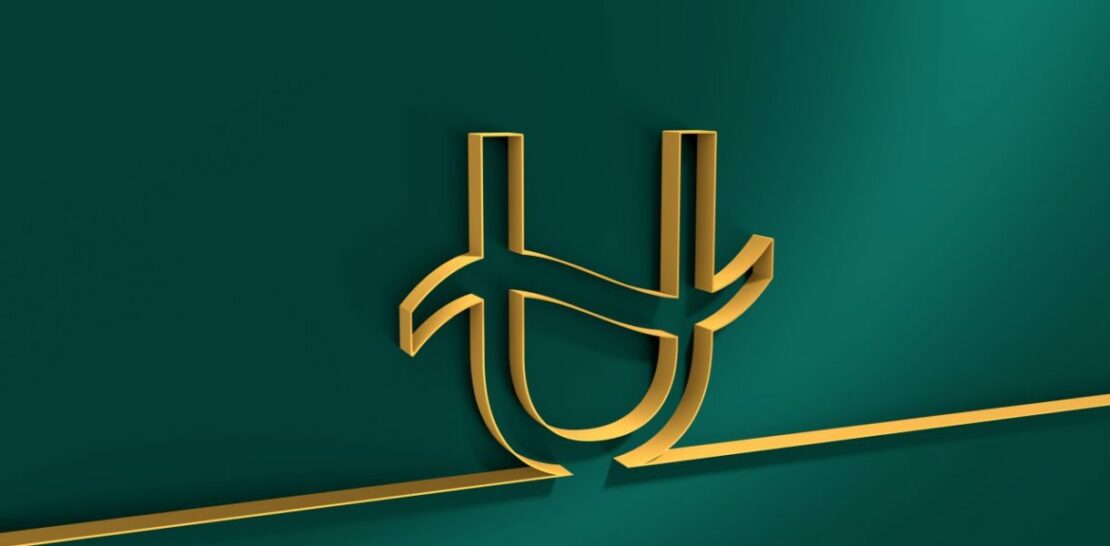Ancient astrological wisdom has long identified 12 zodiac signs that correspond to the constellations in the sky, and these signs have played an integral role in shaping our understanding of our personalities, relationships, and even our destinies.
But what if we were to discover that there exists a 13th sign, one that has been kept hidden in the shadows, waiting for its moment to be revealed?
In this comprehensive exploration of the mysterious and intriguing Ophiuchus, we will delve into the history, characteristics, and significance of this lesser-known astrological sign and examine its potential impact on our current understanding of the zodiac.
The Origins and Mythology of Ophiuchus
Before we can fully appreciate the presence of the 13th astrological sign, Ophiuchus, it is essential to dive into its origins and uncover the myths and legends that surround this enigmatic constellation.
As a constellation, Ophiuchus has been recognized since ancient times, and its name is derived from the Greek words for “serpent” and “holding” – thus, it is often referred to as the “Serpent Bearer.” Ophiuchus is positioned between the constellations of Scorpius and Sagittarius and is generally depicted as a man grasping a snake. This celestial imagery has given rise to numerous mythological interpretations, including associations with Asclepius, the Greek god of medicine and healing, who was said to have learned the secrets of life and death from a serpent. Another possible connection is with Moses, who lifted a bronze serpent on a pole to heal the Israelites, as recounted in the Hebrew Bible.
In terms of its recognition as an astrological sign, Ophiuchus has long been overshadowed by its more famous neighbors, Scorpio and Sagittarius. However, in recent years, the idea of a 13th sign has gained traction, thanks in part to the work of astronomers and astrologers who have noted the constellation’s position in the sky and its potential influence on the zodiac. In 2011, an article by astronomer Parke Kunkle reignited the debate over Ophiuchus, asserting that the Earth’s axis has shifted over time, resulting in a discrepancy between the traditional astrological calendar and the actual positions of the constellations. This revelation has prompted a reexamination of the zodiac and the potential inclusion of Ophiuchus as a valid astrological sign.
Ophiuchus: The Characteristics and Traits of the Serpent Bearer
With the possibility that Ophiuchus may indeed comprise an integral part of the astrological zodiac, it is crucial to explore the traits and characteristics associated with this enigmatic sign. Though less well-known than its counterparts, Ophiuchus possesses a distinct set of qualities that set it apart from the other signs.
- Date range: Those born between November 29th and December 17th are considered to fall under the Ophiuchus sign.
- Element: Ophiuchus is associated with the element of Fire, which is also linked to Aries, Leo, and Sagittarius.
- Symbolism: As the Serpent Bearer, Ophiuchus embodies the themes of healing, transformation, and wisdom, drawing on its mythological connections to Asclepius and Moses.
In terms of personality traits, those born under the Ophiuchus sign are often described as curious, passionate, and intuitive. They are seekers of knowledge and wisdom, with a natural inclination toward exploration and discovery. Ophiuchus individuals are also said to possess a strong sense of empathy and a desire to help others, reflecting the sign’s association with healing and transformation.
However, as with any astrological sign, Ophiuchus also has its challenges and weaknesses. Some common negative traits associated with this sign include jealousy, impulsiveness, and a tendency to be secretive. Additionally, Ophiuchus individuals may struggle with a sense of identity, as they strive to reconcile their dual nature as both a seeker of truth and a bearer of hidden wisdom.
Reevaluating the Zodiac: The Implications of a 13th Sign
As the existence and relevance of Ophiuchus continue to be debated and discussed, itis important to consider the broader implications of this potential 13th astrological sign on our current understanding of the zodiac. The addition of Ophiuchus could necessitate a reevaluation of the entire zodiac system, prompting us to question the foundations of astrology itself.
One immediate consequence of acknowledging Ophiuchus as a valid astrological sign is the need to adjust the traditional zodiac calendar. With 13 signs instead of 12, the date ranges associated with each sign would shift, potentially altering the astrological identities of countless individuals. This change could have a significant impact on how people understand themselves and their relationships, as many rely on their zodiac sign as an essential aspect of their self-perception and personal development.
- Impact on Horoscopes: The inclusion of Ophiuchus would also affect the world of horoscopes, as astrologers would need to account for the influence of this new sign in their readings and predictions. This adjustment could lead to a more nuanced and accurate understanding of the astrological influences at play in our lives, but it could also generate confusion and skepticism among those who rely on horoscopes for guidance and insight.
- Challenging Tradition: The recognition of Ophiuchus as a legitimate astrological sign would represent a fundamental challenge to the established wisdom and traditions of astrology. For centuries, the 12-sign zodiac has been accepted as a cornerstone of astrological knowledge, and any alteration to this system would require a willingness to reevaluate and revise long-held beliefs and assumptions.
- Blurring the Lines Between Science and Spirituality: The debate over Ophiuchus also highlights the complex relationship between astronomy, the scientific study of celestial bodies, and astrology, the spiritual interpretation of their movements and positions. As astronomers like Parke Kunkle continue to provide evidence for the inclusion of Ophiuchus in the zodiac, the lines between these two disciplines may become increasingly blurred, leading to new and intriguing intersections between science and spirituality.
Ophiuchus in Popular Culture and Modern Discourse
As the concept of a 13th astrological sign gains traction and visibility, Ophiuchus has begun to make its mark on popular culture and contemporary discourse. Books, films, and other media have started to explore the idea of Ophiuchus, often using the sign as a symbol of mystery, transformation, and the power of hidden knowledge.
One example of Ophiuchus in popular culture is the young adult novel series “The 13th Sign” by Kristin O’Donnell Tubb, which tells the story of a girl who unwittingly unleashes the power of Ophiuchus and sets off a chain of events that threaten to upend the entire zodiac. The series explores themes of identity, destiny, and the struggle to reconcile the known with the unknown, reflecting the broader questions raised by the existence of a 13th astrological sign.
In addition to its presence in fiction, Ophiuchus has also become a subject of fascination and debate in online communities and social media. Discussions about the implications of a 13th sign, the characteristics and traits of Ophiuchus individuals, and the potential impact of this new sign on astrology and horoscopes abound, with many people expressing curiosity, skepticism, and even excitement about the possibility of a zodiac that includes Ophiuchus.
The intrigue surrounding Ophiuchus and its potential inclusion in the zodiac is a testament to the enduring power of astrology as a means of understanding ourselves and our place in the cosmos. As we continue to explore the mysteries of the 13th astrological sign, we are reminded of the complex interplay between ancient wisdom and modern knowledge, and the ongoing quest to reconcile the two in our search for truth and meaning.
In conclusion, the enigma of Ophiuchus, the 13th astrological sign, invites us to question our understanding of the zodiac and the very foundations of astrology itself. From its ancient origins and mythological associations to its potential impact on horoscopes and popular culture, Ophiuchus challenges us to reconsider what we know about the stars and the stories we tell about ourselves. As we continue to unravel the mysteries of this elusive sign, we may find that Ophiuchus holds the key to unlocking new insights and perspectives on our relationship with the cosmos and our own inner selves.




